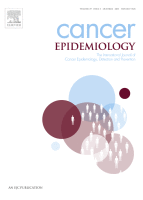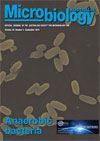 A sixth paper co-authored by plant researcher Olivier Voinnet has been retracted by PLOS Pathogens “following an investigation into concerns.”
A sixth paper co-authored by plant researcher Olivier Voinnet has been retracted by PLOS Pathogens “following an investigation into concerns.”
The investigation found “several band duplications” in one figure provided by fifth author, Patrice Dunoyer, who took it from “the Master thesis of a former student working under his supervision, without the prior consultation or consent of this student,” according to the notice. There was also an incorrect “loading control” in another figure, attributed to first author Raphael Sansregret and last author Kamal Bouarab.
Voinnet and Bouarab, the study’s corresponding authors, took full responsibility for “the publication of this erroneous paper.”
Although investigators found that the raw data in the duplicated figure backed up its conclusions, “given the nature and extent of data manipulation,” the authors asked the journal to retract the paper .
Continue reading Investigation ends in 6th retraction for Voinnet
 A common ailment known as duplication has taken down a paper about a common fungus and asthma.
A common ailment known as duplication has taken down a paper about a common fungus and asthma.
 To one reader of a paper on a nerve cancer, the researchers, based at a hospital in China, seemed to have found a very large number of cases of a rare cancer to study. That observation triggered an investigation into the paper that led to its retraction — and the concern that the authors in the paper never did the research at all.
To one reader of a paper on a nerve cancer, the researchers, based at a hospital in China, seemed to have found a very large number of cases of a rare cancer to study. That observation triggered an investigation into the paper that led to its retraction — and the concern that the authors in the paper never did the research at all. A paper on
A paper on 



